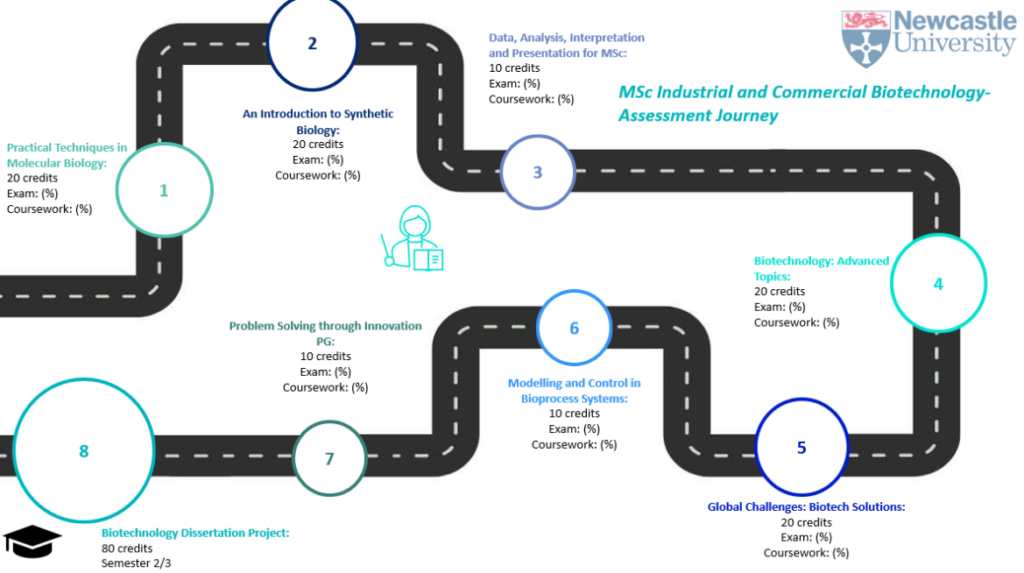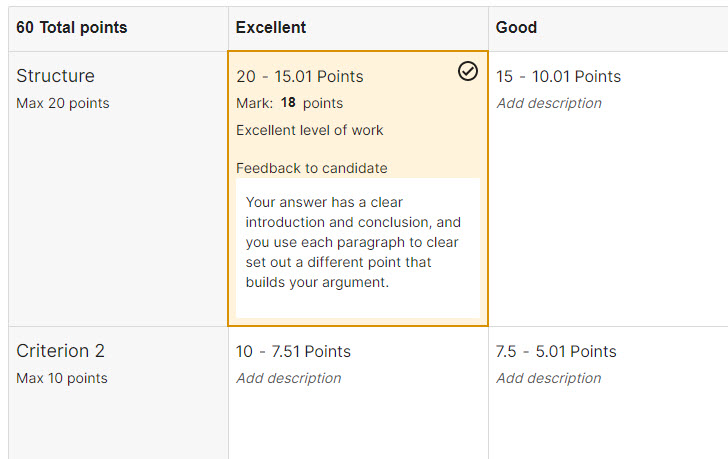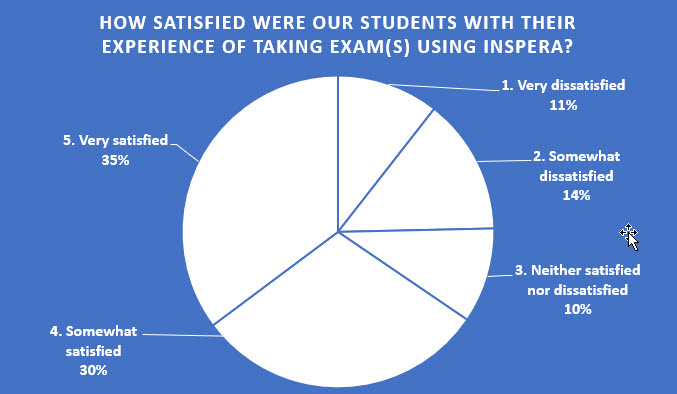As part of our Assessment and Feedback Sprint Series. A small team of students and colleagues have been investigating the question:
How do we articulate a meaningful programme experience that ensures a cohesive assessment journey for all of our students?
Feedback (Stage Surveys, NSS etc.,) tells us that students and colleagues struggle to see assessments from a programme perspective and this disconnection can lead students to feel like assessment isn’t part of a wider programme and that their skills/feedback don’t link across modules and assessments.
Being able to visualise the assessment journey across a stage or programme is important because, as one colleague said,
“An assessment journey builds confidence in the education (and the education provider) and underscores the importance of each individual assessment towards an overarching goal. Articulation of assessment journeys allows for broader reflection and helps explain the skill development (rather than focussing on siloed, module specific content).”
An overview of some of the visuals we found from within Newcastle University and other HE Institutions are shown below. In summary, we found a range of approaches, often highlighting the ‘journey’ through the stage or programme, making it easier for students to reflect on progress.

What have we created?
Using these findings, we created some template visuals which were then validated by colleagues and students along with feedback incorporated from our first showcase.
We decided to create a variety of templates to reflect diverse practices/skillsets across programmes and areas. Some are more suitable for Semester-based programmes and others for block-taught programmes.
You can explore these yourself:
- PowerPoint templates (save a copy to edit)
- How to edit and use our H5P examples in Canvas (Word doc)
We started by looking at a standard linear stage one programme – V400 BA Archaeology. We initially had a large amount of text on the visual explaining each assessment and how it aligned to the wider programme learning objectives. However, it quickly began to look overwhelming.

We then started to explore using H5P as a way to keep the visual relatively simple but incorporate pop up boxes to make it more interactive and engaging. The version below has dummy text – click on the questionmarks to see how it would work.
We also considered how to visually represent a block-taught postgraduate programme and incorporated feedback from a Degree Programme Director (DPD) to represent larger-weighted modules with bigger circles. The DPD said this would be a useful tool for both staff and students including at recruitment and Induction events.

The intention is that these editable templates will be useful for both students and programme teams to visualise assessment across a programme or stage. The visual could be produced as part of a workshop reviewing programme level assessment or could be a standalone tool designed to be student-facing.
Find out more about our Sprint
We presented our Sprint adventures at the Sprint Showcase event on Friday 10 March, and you can watch the recording here:
To find out more about the Assessment and Feedback Sprint Programme contact Conny.Zelic@ncl.ac.uk in the Strategic Projects and Change Team.




